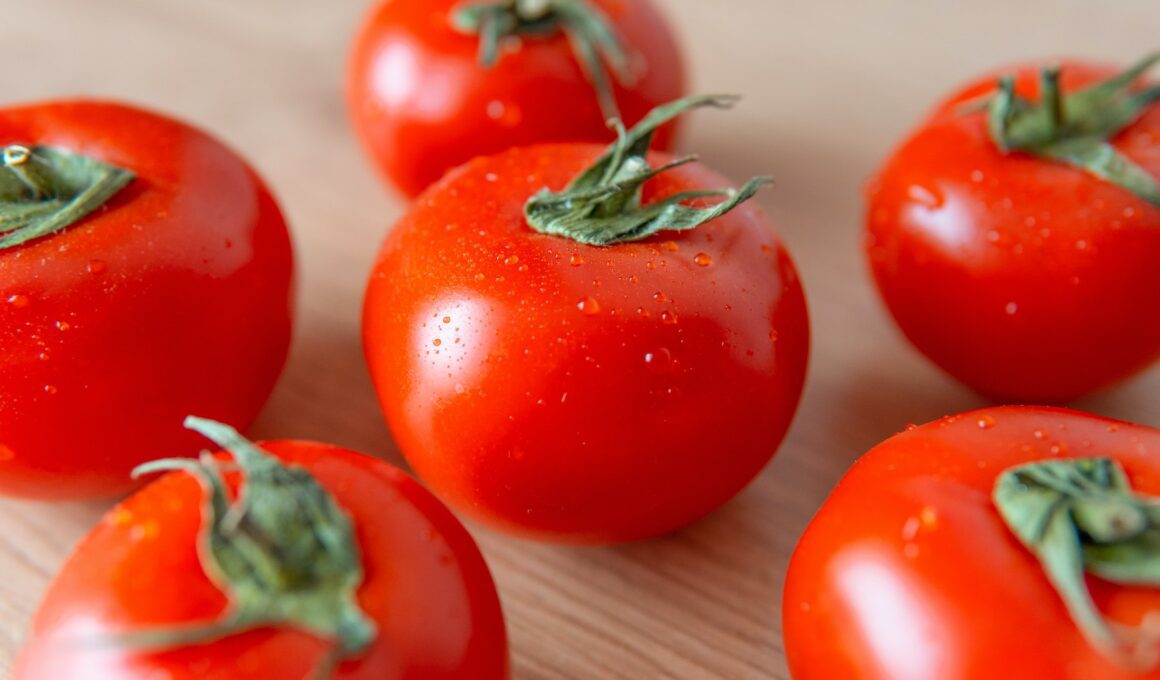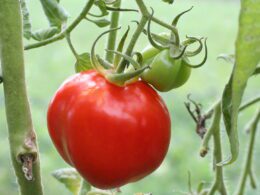You’ve probably heard about the numerous health benefits of cinnamon for us humans, but did you know that this aromatic spice might be good for your plants too? It’s true! Cinnamon could potentially help protect your beloved green friends from harmful fungi and pests while promoting their growth and improving the soil they live in. Sounds almost too good to be true, right?
Well, before you start sprinkling cinnamon on every plant in sight, let’s take a closer look at the evidence behind these claims. In this article, we’ll explore the antifungal properties of cinnamon, its pest-repellent qualities, its potential effects on plant growth, and how it can improve soil conditions.
By the end of this read, you’ll be armed with all the information you need to decide whether giving your plants a dash of cinnamon is worth trying out or not. So let’s dive in and find out if cinnamon really is a secret weapon for your garden!
Cinnamon’s Antifungal Properties
It’s worth noting that this spice boasts remarkable antifungal properties, which can be quite beneficial for one’s flora. Cinnamon has the ability to ward off various fungi that may threaten the well-being of your plants. By incorporating cinnamon into your plant care routine, you’re providing an extra layer of protection against potential fungal infections.
Using this fragrant spice as a natural antifungal treatment is easy and safe for both you and your plants. Simply sprinkle some ground cinnamon on the soil surrounding your plants or create a mixture with water to spray onto affected areas. The reassuring scent of cinnamon not only keeps harmful fungi at bay but also brings a sense of comfort to any space where it is used.
So, don’t hesitate to give cinnamon a try when it comes to safeguarding your precious plants from unwelcome fungal invaders. A sprinkle here and there could make all the difference in maintaining their health and vigor.
And besides, who doesn’t enjoy the pleasant aroma of cinnamon wafting through their home or garden?
Pest Repellent Qualities
Imagine keeping those pesky critters away from your precious greens with a natural solution that’s not only effective but also smells divine! Cinnamon, that same spice you love in your favorite baked goods, can do just that.
Its potent scent and natural compounds make it an excellent pest repellent for your garden. You’ll be pleased to know that cinnamon works wonders against common garden pests like ants, aphids, and spider mites. Just sprinkle some ground cinnamon around the base of your plants or create a cinnamon spray by mixing water and cinnamon powder.
Not only will this keep unwanted bugs at bay, but it’ll add an inviting aroma to your garden as well! So go ahead and give cinnamon a try in your garden. You’ll enjoy the peace of mind knowing you’re using a safe and natural method to protect your plants from harmful pests.
Plus, with its delightful scent wafting through the air, tending to your garden will become an even more pleasant experience!
Plant Growth Promotion
You’ll be amazed at how this fragrant spice can also promote healthy growth in your garden’s greenery! Cinnamon is known to aid plant growth by boosting the root development of plants. By sprinkling cinnamon on the soil around your plants, you’re helping them establish a strong foundation that will lead to better overall health.
Another way cinnamon benefits plant growth is by protecting them from harmful fungi and diseases. The natural antifungal properties found in cinnamon can help prevent issues like damping-off, root rot, and other fungal infections.
Your plants will thrive without having to worry about these common threats lurking beneath the soil. Using cinnamon for promoting plant growth not only helps you maintain a beautiful and healthy garden but also provides a safe alternative to using harsh chemicals.
You can rest easy knowing that your family and pets are safe while playing or working in the garden since cinnamon is an all-natural option. So go ahead and sprinkle some cinnamon around your favorite plants – they’ll thank you for it with lush leaves and vibrant blooms!
Can I Use Epsom Salt on My Plants Like I Can Use Cinnamon?
Yes, you can use epsom salt for tomatoes and cucumbers, just like you can use cinnamon. Epsom salt contains magnesium and sulfur, which can help improve the growth and overall health of plants. It can be used as a natural fertilizer to provide essential nutrients to your tomatoes and cucumbers.
Soil Improvement
In addition to promoting growth, this remarkable spice can also work wonders in improving the overall quality of the soil in which your garden thrives. Cinnamon has natural antifungal and antibacterial properties that help combat harmful microorganisms in the soil.
By sprinkling cinnamon on your garden beds, you’re not only providing a safe environment for your plants but also ensuring they have access to nutrient-rich soil. The presence of cinnamon in the soil encourages beneficial microorganisms like earthworms and mycorrhizal fungi to thrive.
These essential helpers break down organic matter, aerate the soil, and increase its capacity to retain water and nutrients. With healthier soil comes healthier plants – stronger roots, lusher foliage, and more vibrant blooms. Using cinnamon as a soil amendment is an easy step towards creating a safer haven for your beloved plants.
Simply sprinkle it around your garden beds or mix it into potting mixes for container gardening. Not only will you be protecting your plants from diseases caused by harmful bacteria and fungi, but you’ll also be boosting their overall health through improved soil conditions. So go ahead, let this warming spice work its magic on your garden’s foundation – resulting in happier, healthier plants!
Evaluating the Evidence
Feeling skeptical about these fantastic claims? Let’s dive into the evidence and see if this spice truly holds the key to unlocking a flourishing garden.
While cinnamon has been used for centuries in various ways, it’s essential to evaluate the scientific backing behind its use as a plant booster.
First, let’s consider cinnamon’s antifungal properties. Research shows that cinnamon contains cinnamaldehyde, which can effectively combat several types of fungi that harm plants, such as damping-off disease. By sprinkling some cinnamon on your soil or seedlings, you may prevent these pesky fungi from causing damage. However, it’s crucial not to go overboard with application; moderation is key.
As you weigh the pros and cons of using cinnamon for your plants, remember that there isn’t a one-size-fits-all solution for every gardening issue. Though studies have found promising results for certain situations, always take your specific needs and conditions into account before trying something new in your garden.
With careful consideration and experimentation, you might just find that adding a touch of cinnamon could be beneficial for your green friends after all!
Conclusion
So, it turns out cinnamon does have some benefits for your plants. Its antifungal properties can help keep diseases at bay, and it even acts as a pest repellent. Plus, it promotes plant growth and improves soil quality.
But don’t go overboard with cinnamon – use it wisely and in moderation. Always evaluate the evidence before trying any home remedy for your plants. Remember, sometimes less is more!









